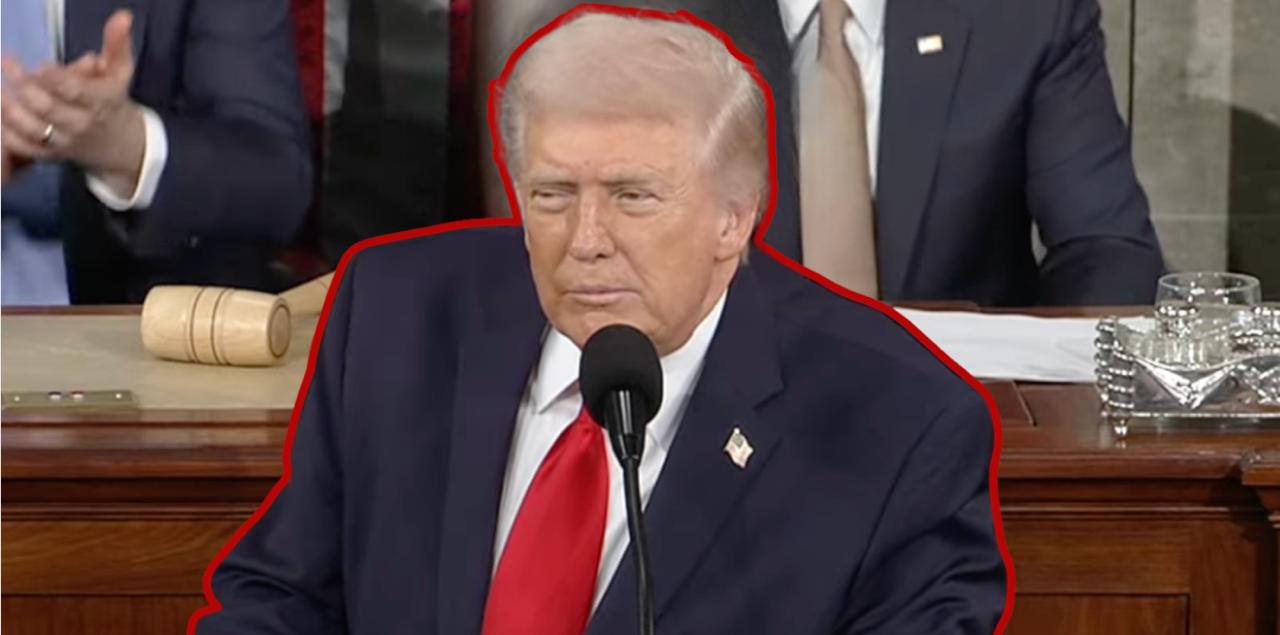European leaders convened in Paris on Monday for urgent talks on how to respond to the growing tensions caused by the United States' approach to Ukraine.
Ahead of the meeting, French President Emmanuel Macron held a 20-minute phone conversation with US President Donald Trump, though Macron’s office declined to disclose the details, reports the Associated Press.
Macron, as well as officials from Germany, the UK, Italy, Poland, Spain, the Netherlands, Denmark, and the European Union, gathered at the Elysee Palace to discuss Europe's security concerns in the face of the war in Ukraine. Also in attendance was NATO Secretary General Mark Rutte.
Statements made by US Vice President JD Vance and Defense Secretary Pete Hegseth have raised questions about the commitment to western values and democratic principles among European leaders. The relationship between the US and the EU, with the Trump administration’s negotiations with Russia without other EU countries being involved, has been a sticking point.
German Foreign Minister Annalena Baerbock referred to the current moment as “an existential moment” for Europe, calling on the need for Europe to take a stand in the face of the Trump administration.
Trump has long criticized European NATO countries for not contributing enough to defense efforts and defense spending, these concerns have come to the forefront in recent days.
No major policy changes or announcements were expected from Monday’s talks, although European officials stressed that further discussions would take place at the EU level.
Meanwhile, Ukrainian President Volodymyr Zelensky spoke from Kyiv, stating that “negotiations are moving fast with Europe” and that developments from the Munich Security Conference had accelerated these discussions. He noted that Macron had promised to keep him informed on the outcomes of the Paris talks.
UK Prime Minister Keir Starmer also spoke on the crucial importance of US support for Ukraine. In an op-ed for the Daily Telegraph, Starmer stressed that a US security guarantee would be essential for a lasting peace, as only the U.S. could deter Russia from further aggression.
Starmer also indicated the UK’s willingness to contribute troops to a potential peacekeeping mission in Ukraine. Macron, who had previously refused to rule out sending Western troops to Ukraine, also left the door open for such a possibility in the future.
German Chancellor Olaf Scholz, however, made it clear that European troops would not be sent to Ukraine while the war is ongoing.
Ahead of the meeting, French President Emmanuel Macron held a 20-minute phone conversation with US President Donald Trump, though Macron’s office declined to disclose the details, reports the Associated Press.
Macron, as well as officials from Germany, the UK, Italy, Poland, Spain, the Netherlands, Denmark, and the European Union, gathered at the Elysee Palace to discuss Europe's security concerns in the face of the war in Ukraine. Also in attendance was NATO Secretary General Mark Rutte.
Statements made by US Vice President JD Vance and Defense Secretary Pete Hegseth have raised questions about the commitment to western values and democratic principles among European leaders. The relationship between the US and the EU, with the Trump administration’s negotiations with Russia without other EU countries being involved, has been a sticking point.
German Foreign Minister Annalena Baerbock referred to the current moment as “an existential moment” for Europe, calling on the need for Europe to take a stand in the face of the Trump administration.
Trump has long criticized European NATO countries for not contributing enough to defense efforts and defense spending, these concerns have come to the forefront in recent days.
No major policy changes or announcements were expected from Monday’s talks, although European officials stressed that further discussions would take place at the EU level.
Meanwhile, Ukrainian President Volodymyr Zelensky spoke from Kyiv, stating that “negotiations are moving fast with Europe” and that developments from the Munich Security Conference had accelerated these discussions. He noted that Macron had promised to keep him informed on the outcomes of the Paris talks.
UK Prime Minister Keir Starmer also spoke on the crucial importance of US support for Ukraine. In an op-ed for the Daily Telegraph, Starmer stressed that a US security guarantee would be essential for a lasting peace, as only the U.S. could deter Russia from further aggression.
Starmer also indicated the UK’s willingness to contribute troops to a potential peacekeeping mission in Ukraine. Macron, who had previously refused to rule out sending Western troops to Ukraine, also left the door open for such a possibility in the future.
German Chancellor Olaf Scholz, however, made it clear that European troops would not be sent to Ukraine while the war is ongoing.





